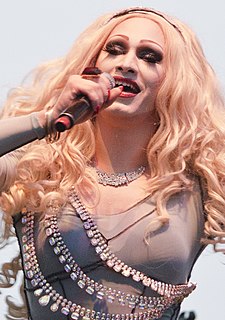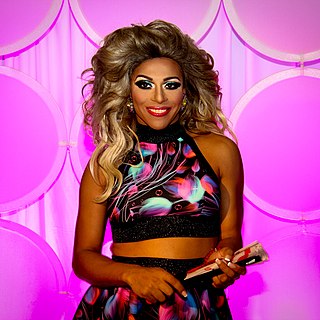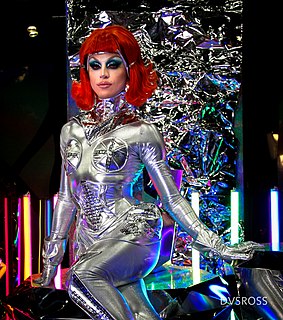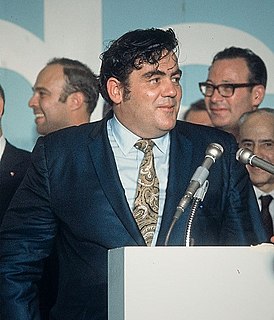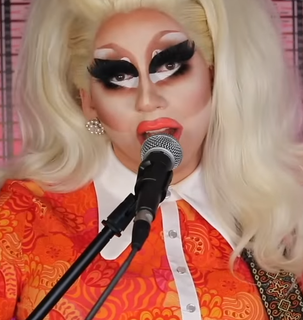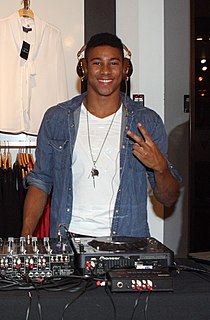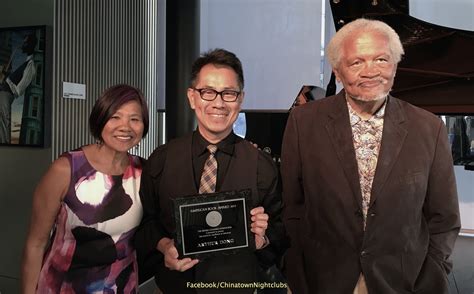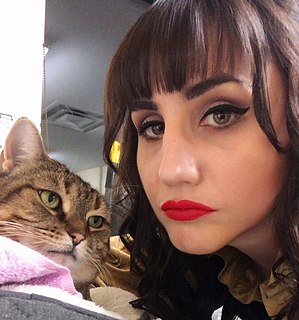A Quote by Sasha Velour
We need to talk about representation for queer people in the media and also in law. And there's a long history of drag queens leading those discussions in marches on the street and even in bars going back to the time of Stonewall and before.
Related Quotes
I hope people realize that drag queens and queer people, we're not just archetypes and stereotypes. We're human beings with a lot to share. And a drag queen doesn't have to just be a clown, she can also be like a cooking TV personality or like a DJ, or a talk-show host. We should be able to infiltrate TV everywhere.


